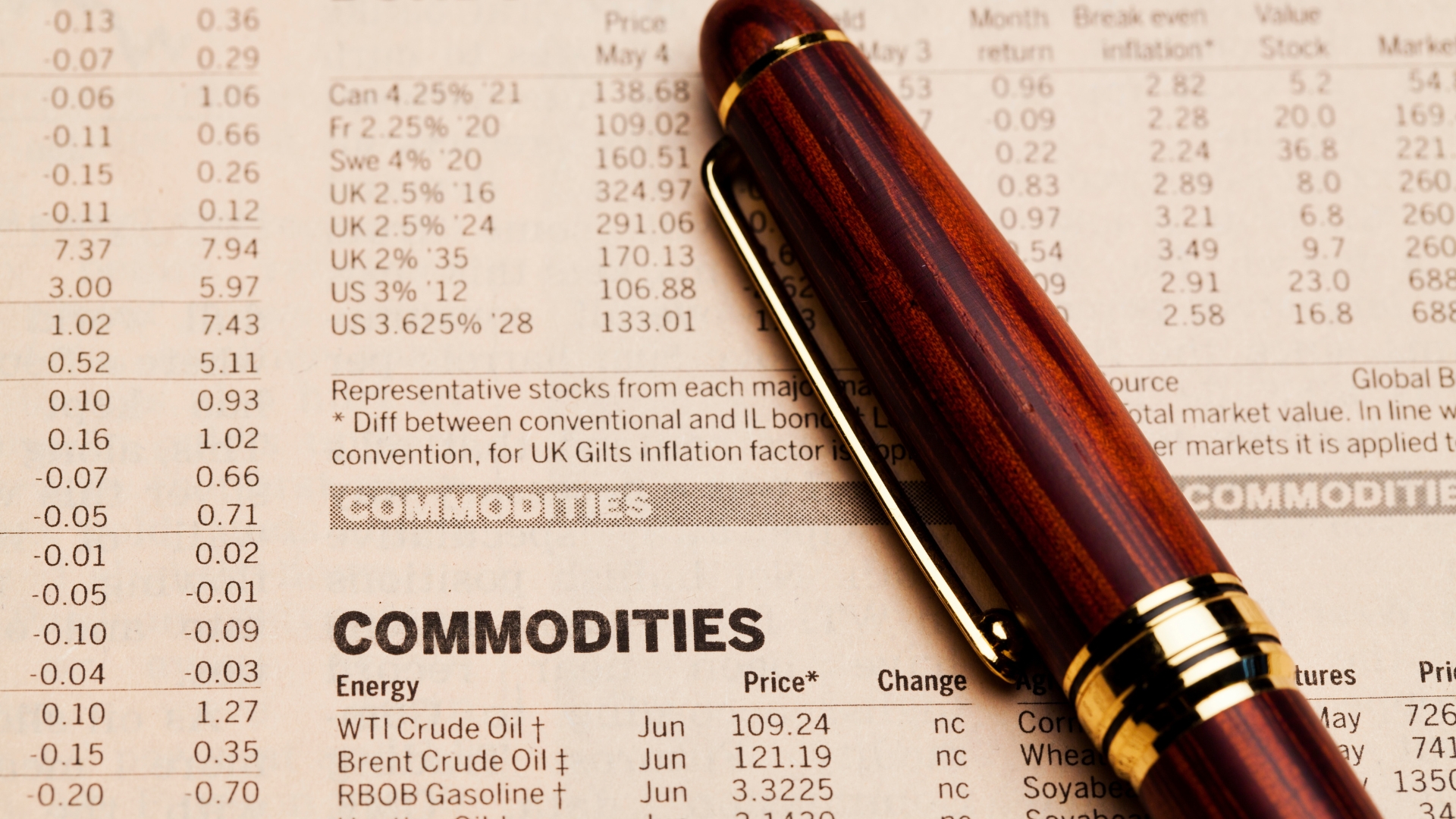
Investing in commodities, such as gold, oil, natural gas, and agricultural products, can be a strategic move for diversifying your portfolio. But is it a good idea? Let’s explore the key benefits and risks associated with commodity investments to help you make an informed decision.
Table of Contents
Benefits of Investing in Commodities
1. Diversification
Commodities provide a hedge against inflation and market volatility. When stock prices fall, commodity prices, especially gold and oil, often rise. This can protect your portfolio during economic downturns, balancing risk and reward.
2. Inflation Protection
Commodities typically perform well during periods of high inflation. As the value of money decreases, tangible assets like gold tend to increase in value. This makes commodities an attractive option during uncertain economic times.
3. Global Demand
As the global population and industrialization continue to grow, demand for commodities such as energy, metals, and agricultural products will rise. This long-term demand makes commodities a solid investment with growth potential.
4. Liquidity
Many commodities, especially gold and oil, are highly liquid, meaning they can be easily bought and sold on global markets. This liquidity provides flexibility, allowing investors to quickly adjust their positions.
Risks of Investing in Commodities
1. Volatility
Commodities can be highly volatile, with prices subject to sharp fluctuations due to supply chain disruptions, geopolitical events, or natural disasters. Investors need to be prepared for this unpredictability.
2. No Income Generation
Unlike stocks or bonds, commodities don’t generate dividends or interest. This means that unless the price of the commodity appreciates, there is no passive income from holding the investment.
3. Leverage and Margin Risks
Many investors trade commodities using leverage, which can amplify both gains and losses. While this can lead to high returns, it also increases the risk of significant losses if the market moves against the investor.
4. Complexity and Knowledge Requirements
Commodity markets can be complex, requiring in-depth knowledge of the underlying asset, supply and demand factors, and geopolitical issues. Without proper understanding, investors can make costly mistakes.
Investing in commodities can be a good idea for diversification and protecting your portfolio against inflation. However, it comes with risks like volatility and complexity. Before diving into the commodities market, ensure you understand the dynamics and consider seeking professional advice. As with any investment, balancing risk with reward is key to achieving long-term financial success.




